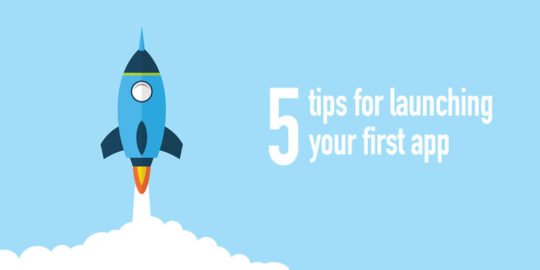
Almost everyone wants to have an app these days. But how do you go about finding the right designers, programmers, and marketers to take your app from an idea to millions of downloads in the app store?
- Validate your idea. Not all ideas are as great as you my think, and no one wants to call their baby ugly. Validation can be done quickly and cheaply by creating a simple “Pros and Cons” spreadsheet of your competitors, and running online surveys. But you got to do it.
- The planning stage is the last time your have total control – You can save a lot of money in development costs if you have drawn the entire app drawn out on paper. I’m not talking about just the main screens; I mean EVERYTHING. Each pop-up message, every menu option. It seems like overkill, but you’re really designing an architectural blueprint here. Designers and engineer have to follow these “wireframes” so they know what to build, and even so that they can give you accurate estimates. You wouldn’t give a build a blueprint for your house with a downstairs bathroom missing, and expect them to just fill in the blanks would you? If you don’t want to do this, expect to pay your developer team to do the wireframes for you, and never use a company who doesn’t offer this step.
- Find the right team for you. In any technical endeavor, it’s hard to pick a good team, especially if you are not very technical yourself. You can be techno-babbled to death, or won over by shinny demos. There are a few simple questions you can ask to make sure the team you’re picking is a good one:
- Where is the actual development done (in the US? Or is it outsourced to India?)
- How does the team manage their source code? You want to hear them say that they use a version control system like GIT (This is like the Track Changes function in Microsoft Word, but for software code).
- How is the team going to help you through the planning process? Are they going to build you a functional wireframe you can play with? How about a basic prototype? The more steps they have early on, the more likely you are to succeed.
- Ask to touch and play with real life examples of systems the team has worked with.
- Find our if they’ve worked on similar products or in similar industries. A little bit of previous experience goes a long way. Find a team who has already made their mistakes on someone else’s dime, so that you don’t have to pay for it.
- Understand the process – You don’t have to become a programmer yourself, but spend sometime educating yourself on the technologies and jargon you will encounter. Unlike building a house, you probably have never seen a software project being worked on as you drive down the road. So your frame of reference is very difficult. The process can be extremely opaque as a result. It’s your money; learn a little about how the sausage is made. I’d suggest learning at least a little bit about how databases work, and how source control works – these two topics alone will allow you to have much honest conversations with your developers.
- Don’t launch it and leave it – When your app is all done, getting it in the app store can be tricky. Start finding out what you need to do to get into the Apple store early on – this includes reading their terms of use, which isn’t as bad as you think. Make sure you have a business entity set up, and a registered Dunn and Bradstreet number if you’re going to charge money for you app, include ads, or in-app purchases. And finally, learn about how to promote your app in the stores and on the web. You’ve all heard about SEO, but there is such a thing as App Store Optimization as well.